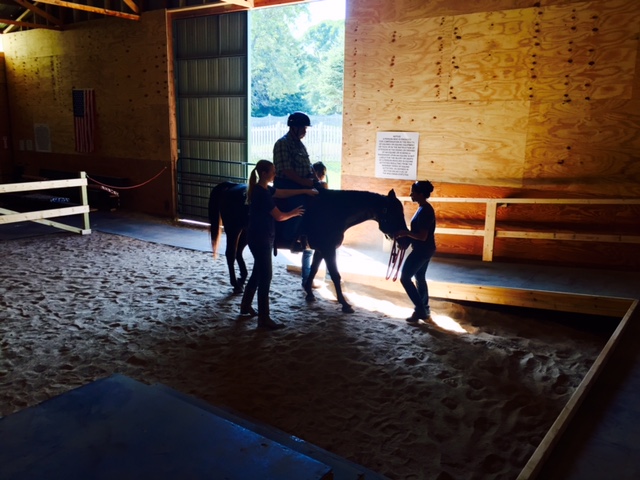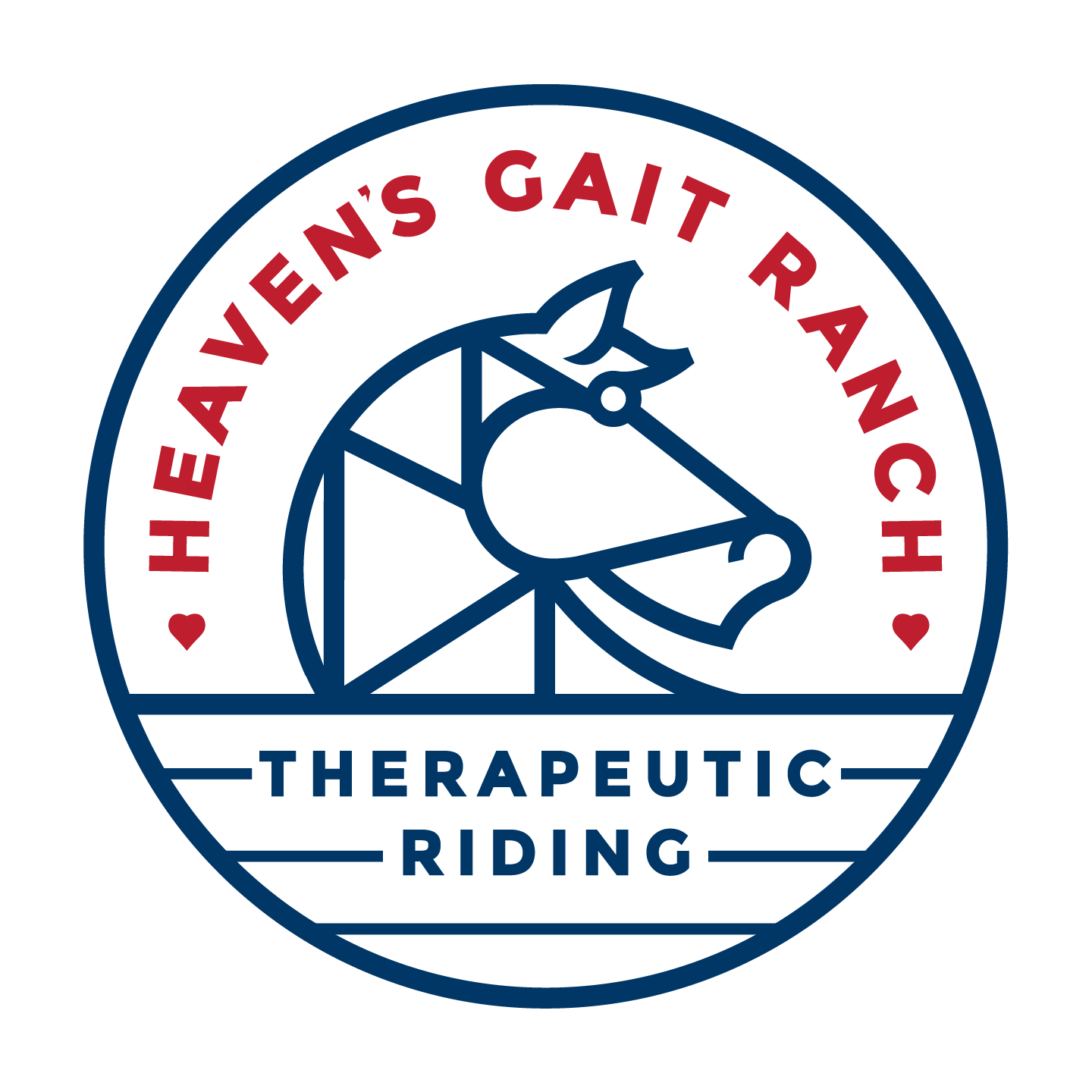With compassionate eyes, a calming demeanor, and a comparable gait, the horse has the power to transform a person’s life by teaching him or her invaluable skills – one step at a time. Starting with the basics of horsemanship and working from the ground up, a person initiates the bond with his or her horse through verbal and nonverbal communication. Because horses are intuitively perceptive animals, they listen and respond accordingly to each individual’s emotions and needs. Therefore, through gained respect, mutual trust, and physical contact, the horse and rider begin to work together.
Equine assisted activities and services have created a special bond between people and horses for years. While this emotional and social bond is sometimes very difficult to describe – because it often starts with a feeling that evolves from within – medical researchers have worked diligently to highlight the positive neurological and physical effects of equine assisted services.
 Since the late 1800s, after a French neurologist Chassaigne first studied the effects that horseback riding had on individuals with disabilities (Bain, 1965), researchers have learned the secret behind this connection: the horse’s gait creates a movement in the rider’s pelvis that similarly correlates to the movement of a person’s pelvis while walking independently (Berg & Causey, 2014). Therefore, there are a number of people who can widely benefit from this type of interaction and more because the horse enables a person to strengthen his or her abilities in a variety of ways.
Since the late 1800s, after a French neurologist Chassaigne first studied the effects that horseback riding had on individuals with disabilities (Bain, 1965), researchers have learned the secret behind this connection: the horse’s gait creates a movement in the rider’s pelvis that similarly correlates to the movement of a person’s pelvis while walking independently (Berg & Causey, 2014). Therefore, there are a number of people who can widely benefit from this type of interaction and more because the horse enables a person to strengthen his or her abilities in a variety of ways.
By enhancing a person’s balance, posture, muscle control, and social skills, equine assisted services have helped people with physical, emotional, and psychological needs, including head injuries, cerebral palsy, autism, down syndrome, hearing impairments, visual impairments, multiple sclerosis, seizures, speech & learning disabilities, sensory integration dysfunction, depression, and post-traumatic stress disorder (Masters, 2010). By catering equine assisted activities and services to your needs, our team at Heaven’s Gait Ranch will help you recognize and maximize your potential.
References:
Bain, A.M. (1965). Pony riding for the disabled. Phys. Ther. 51:263–265.
Berg, E. & A. Causey (2014). The life-changing power of the horse: equine-assisted activities and therapies in the U.S. Vol. 4, No. 3. Animal Frontiers.
Masters, N. (2010). Equine assisted psychotherapy for combat veterans with PTSD. Washington State University-Vancouver.
